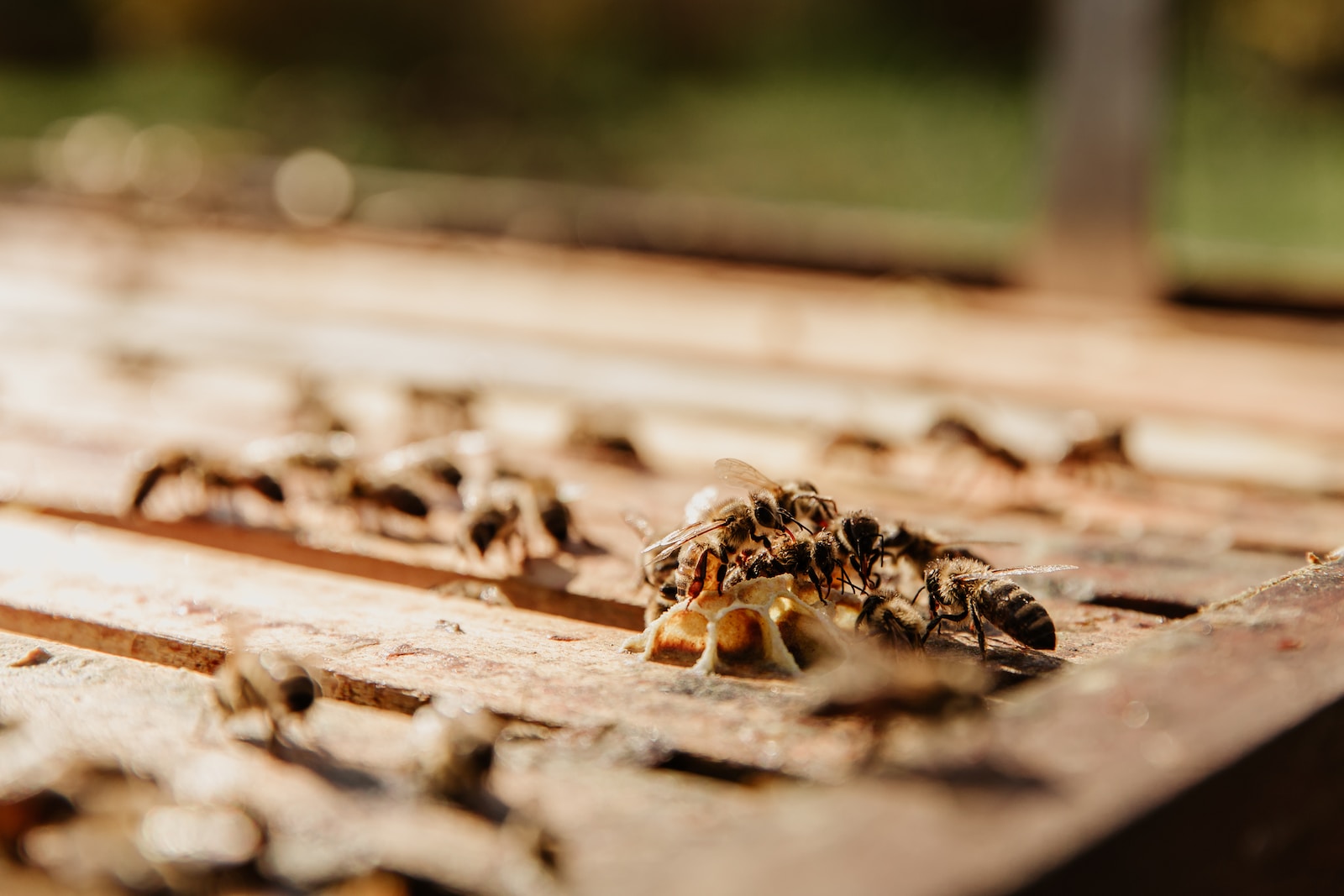Share this article with your network of friends!
Termites can wreak havoc on homes, causing extensive damage and compromising the structural integrity of your property. As a senior, it is essential to be proactive in termite prevention and control to maintain the safety and value of your home. In this article, we will provide valuable insights and practical tips for seniors on effectively controlling termites, minimizing their presence, and safeguarding your dwelling from these destructive pests.
1. Understanding Termites:
– Types of Termites: The most common types of termites are subterranean, drywood, and dampwood termites. Subterranean termites live underground and build mud tubes to access food sources, while drywood and dampwood termites infest wood directly.
– Signs of Termite Infestation: Look out for visible signs such as discarded wings, mud tubes along walls or foundation, hollow-sounding wood, sagging floors, or tiny holes in wood surfaces. Termite droppings, known as frass, may also indicate an infestation.
2. Regular Inspections:
– Conduct Routine Inspections: Schedule regular inspections, at least once a year, to assess your home for signs of termite activity. Engage a professional inspector or perform a self-inspection using a flashlight and thorough examination of wood structures.
– Seek Professional Assistance: Consider engaging a licensed pest control professional who specializes in termite inspections. They have the expertise to identify signs of infestation and provide appropriate treatment recommendations.
3. Prevention Measures:
– Manage Moisture: Termites thrive in moist environments. Ensure proper drainage around the foundation, fix leaky plumbing, and eliminate standing water sources near your home. Keep gutters clean and direct water away from the foundation.
– Remove Wood-to-Soil Contact: Avoid direct contact between soil and wooden structures. Maintain a gap between soil and wooden fences, decks, or other wooden components. Use concrete or metal barriers to separate wood and soil.
– Store Firewood Properly: Keep firewood stored away from your home, preferably elevated and at least 20 feet from the structure. Regularly inspect firewood for signs of termite activity.
4. Protecting Your Home:
– Seal Entry Points: Seal cracks, gaps, and openings in your home’s foundation, walls, and roofline to prevent termite access. Pay close attention to areas where utility pipes and wires enter the structure.
– Treat Wooden Surfaces: Apply wood preservatives or termite-resistant coatings to vulnerable wooden structures, such as exposed beams or outdoor wooden furniture.
– Use Termite-Resistant Materials: When undertaking renovations or repairs, consider using termite-resistant materials such as concrete, metal, or composite products instead of wood.
5. Professional Termite Treatments:
– Chemical Treatments: Consult with a licensed pest control professional for appropriate chemical treatments if a termite infestation is detected. They may recommend soil treatments, liquid termiticides, or termite baiting systems depending on the severity of the infestation.
– Regular Maintenance: Schedule regular inspections and follow-up treatments as recommended by the pest control professional. Timely maintenance can help prevent recurring infestations.
Controlling termites is crucial for seniors to protect their homes from significant damage and ensure a safe living environment. By understanding termite behavior, conducting regular inspections, implementing preventive measures, and seeking professional assistance, seniors can effectively control termites and minimize their impact. Remember to prioritize regular maintenance, address moisture issues, and take proactive steps to eliminate wood-to-soil contact. With these measures in place, seniors can enjoy the comfort and security of their homes, free from the destructive effects of termite infestations.
DISCLAIMER: This website contains articles for informational and entertainment purposes only. No articles on this website should be considered as professional advice for any medical, legal, or financial matter. Advertisements and content may contain affiliate links, where the website earns a commission for sales derived from our users.





